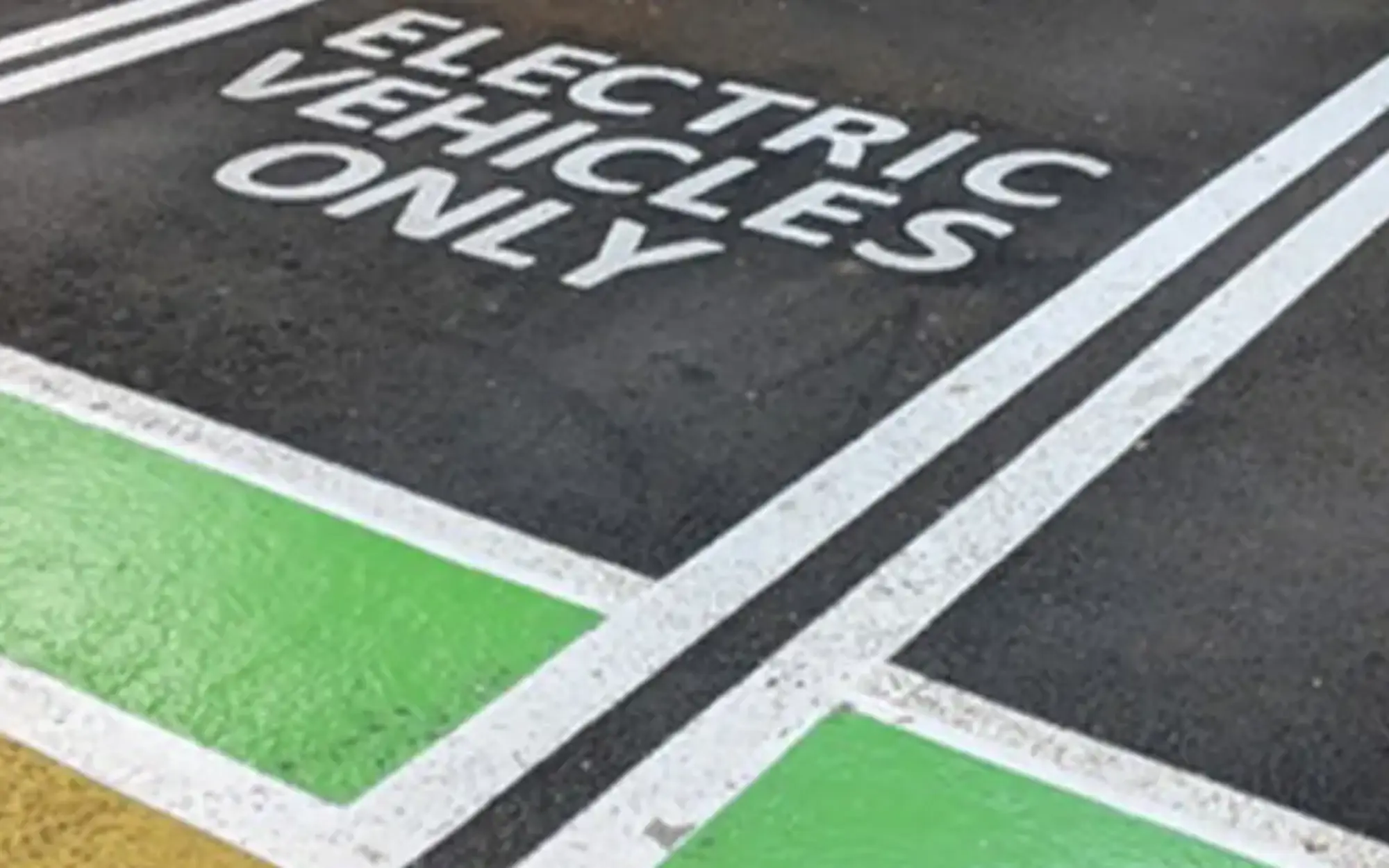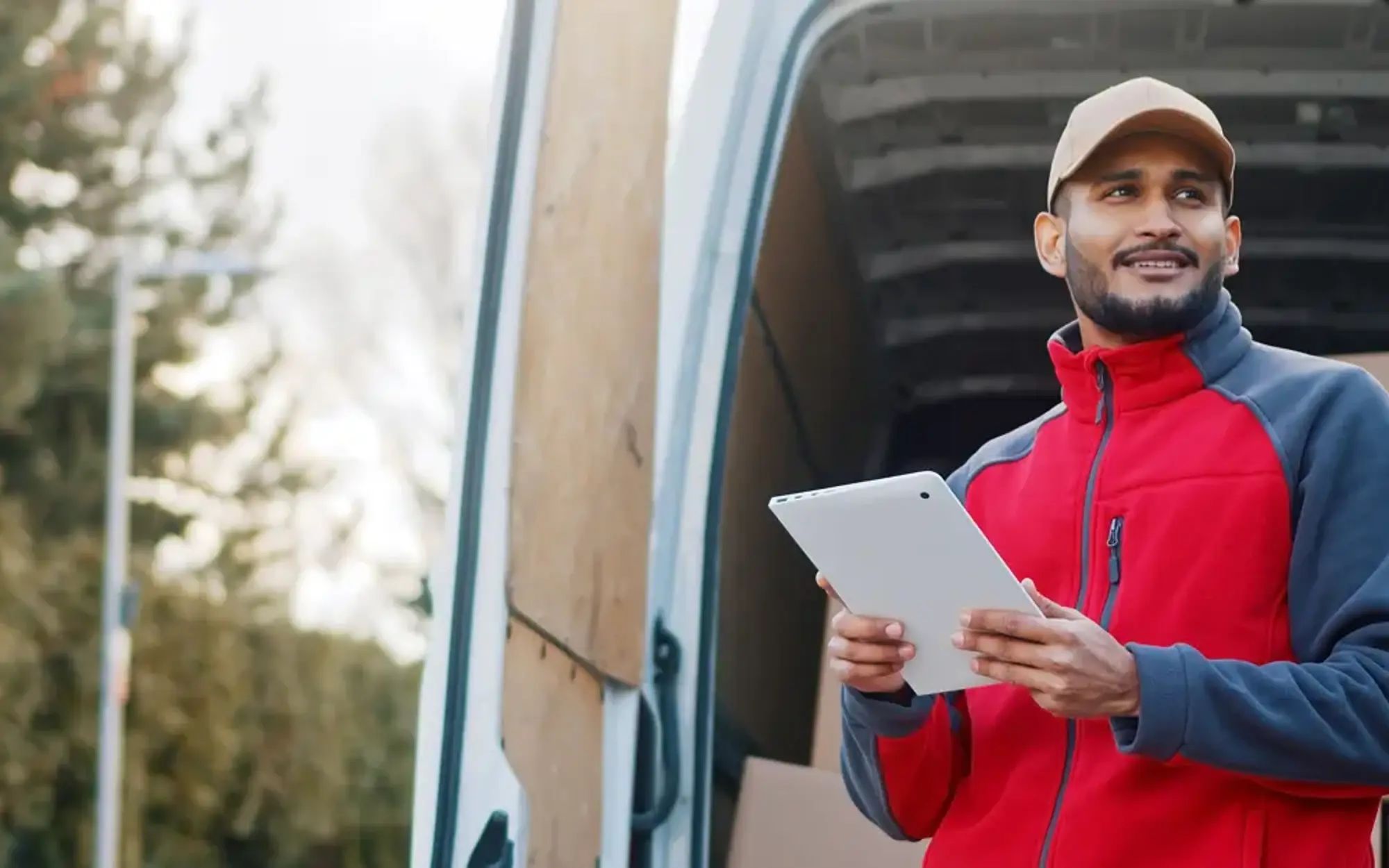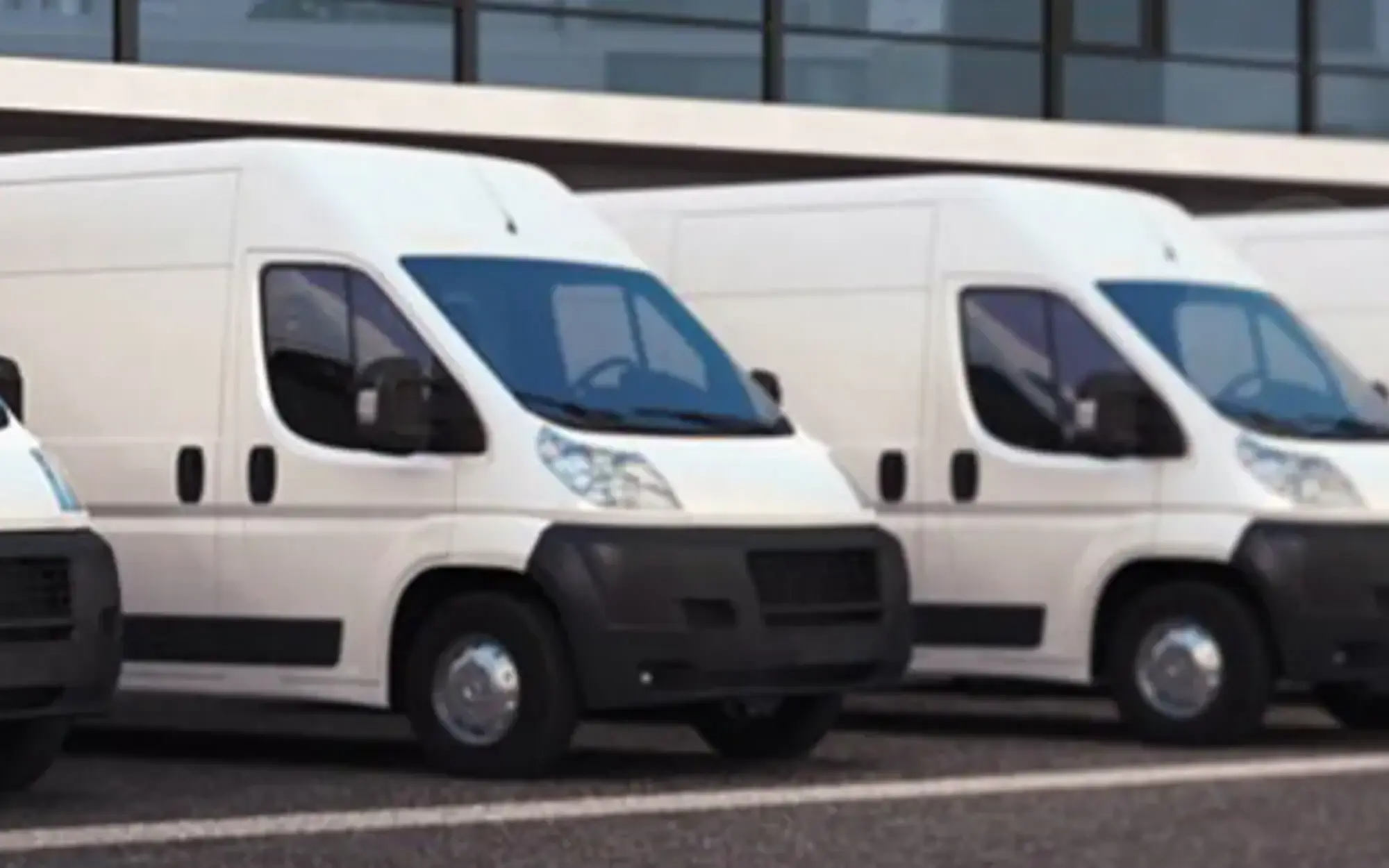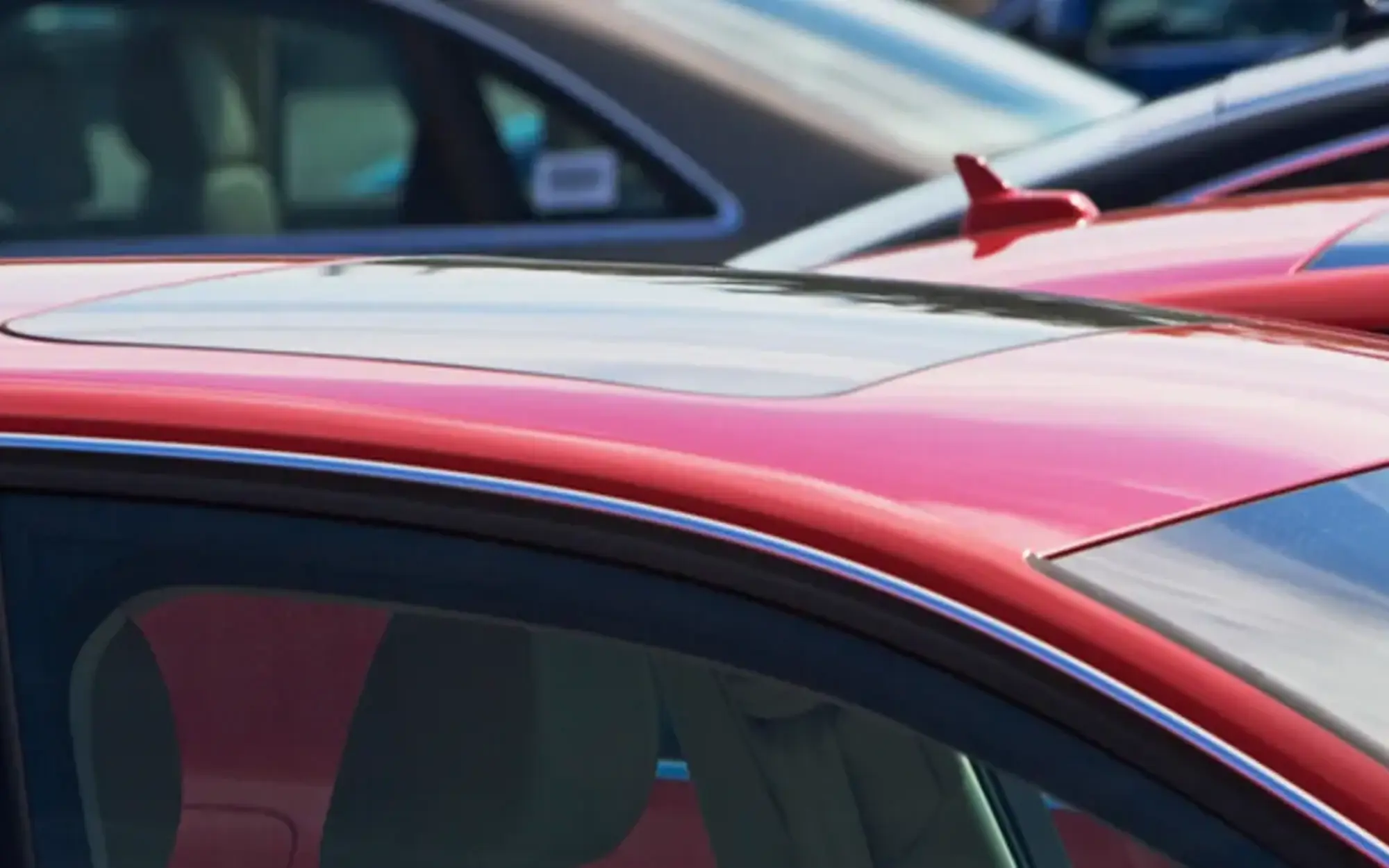
Business vehicle leasing
Business vehicle leasing is a great way of cutting company costs and offers more flexibility with your purchase.
Business vehicle leasing: who qualifies?
Business vehicle leasing is a great way of cutting company costs and offers more flexibility with your purchase. It’s easy to apply for a business vehicle lease, although there are some stipulations and financial requirements involved in the process.
Whether you want a single vehicle for a business trip or an entire fleet for a team of employees, business vehicle leases are easy to budget for on a monthly basis and can be more flexible than buying outright.
If you’re not sure whether you qualify, or don’t know where to start with the process, fear not - this guide should clear up some of the confusion and provide some useful advice.
Who qualifies for business vehicle leasing?
-
VAT registered companies. You’ll be VAT registered if the company makes a VAT taxable turnover of £85,000 or more in 12 months.
-
A partnership is a business that has two or more people working as co-owners and share profits.
-
A Limited, PLC or LLP Company. Businesses registered to a specific house within a Limited Company Registration Number are eligible for business leasing. The same goes for those that are a Public Limited Company (PLC) or in a Limited Liability Partnership (LLP).
-
Sole traders. In the circumstances of business vehicle leasing, a sole trader is defined as someone who has a bank account under a sole trader name. A sole trader is typically self-employed as, legally, you and your business are one and the same. You’ll still need to register with HMRC to qualify.
-
A charity. Charities are required to register for VAT with HMRC once the tax turnover reaches more than £85,000, as stated above.
In short, if you are a sole trader with a separate business bank account, or you have a registered company that actively makes money, you technically qualify for business vehicle leasing. However, there are also a few financial requirements.
Financial requirements
In order to continue with a business vehicle lease, you must match the financial requirements. You can expect to undergo a business credit check and/or audited accounts before your application to lease goes ahead. This is to ensure you can keep up with the monthly payments that come with leasing a vehicle. It’s worth noting that your credit score would ideally not have any County Court Judgments for Debt (CCJs).
Unfortunately, the application may get rejected if the business has a weak credit score. However, there are things a company can do to strengthen it that involves submitting more information to the finance house.
In some cases, you may get asked for a Director’s Guarantee. This is when the business has a low credit rating that fails the requirements but the director has one that is very strong. When this happens, the finance house will request that the company director acts as a guarantor and makes payments if the business fails to.
You may also be asked to provide at least three months worth of your business’s bank statements. Hopefully, this will show a positive net worth and your application will be accepted on this basis.
New businesses may struggle to lease a vehicle - but it’s not impossible. This is because it may not have had time to build a solid credit score which means the finance house won’t be able to tell if the business can keep up with the monthly payments. You may have to provide a realistic cash flow forecast to prove that you can in order to lease through a new business.
What is business vehicle leasing?
Business vehicle leasing allows you to keep and drive a new car or van over an agreed period of time and mileage. Some leasing companies offer the option to include vehicle service maintenance in the contract, meaning they deal with part of keeping the vehicle up to scratch.
There are usually a few options to consider when the leasing agreement ends. You can commonly return the vehicle to the finance company with the option of getting a new vehicle if you wish or get an extension on the current lease to keep the vehicle for a while longer. This does depend on the type of lease you get, which we’ll go into later.
It’s important to note that any vehicle should be returned to the leasing company in a good condition. While it doesn’t have to be pristine, it should meet the BVRLA Fair Wear and Tear guidelines to avoid extra charges. You should also stick to the given mileage limit if given one, or you may be charged more. Remember to discuss any limits and damage allowances with your provider before signing a contract.
You can hire one vehicle or a larger fleet depending on what you need. Company cars make great incentives and can help increase productivity. Plus, getting them on a lease means the cost can be easily budgeted into each month.
7 benefits of business vehicle leasing
-
Monthly repayments rather than a lump sum.
-
VAT registered businesses can offset 50% of the VAT on a car and 100% on a van.
-
You don’t have to worry about losing money when you want a new car.
-
There’s no hassle when it comes to getting a new car as you won’t have to sell it.
-
The leasing company usually handles any admin related to the car.
-
More flexible and less time-consuming than buying outright.
-
Fixed monthly repayments are easy to budget.
Leasing offers you more flexibility, giving you the opportunity to try out a car without having to pay the upfront cost.
Paying monthly is a cost effective way of budgeting and as long as there isn’t any significant damage upon it’s return, you’ll know the exact cost before you sign an agreement. Monthly lease payments tend to be lower than other forms of credit because you aren’t paying for the ownership of the chosen vehicle.
What are the options?
The most popular type of business vehicle lease is a contract hire and probably what most people think of when they consider leasing. A contract hire is when you pay to have one vehicle or more for a set period of time and pay a set monthly fee to do so. You’ll typically have the vehicle for two to four years, although you can lease one for a year or up to five in some cases.
As previously mentioned, you’ll need to stick to an agreed mileage and return the vehicle in a condition that follows the BVRLA Wear and Tear guide. You’ll simply return the vehicle when the contract comes to an end with the option of getting a new one.
Although a contract hire is undoubtedly the most common, there are other options. Finance leases are popular with van drivers or companies that need to travel significant distances on a regular basis but don’t want to pay a hefty lump sum. This is because there are no mileage restrictions and you often don’t have to abide by the Fair Wear and Tear guidelines. You can do this for up to five years.
Once this time has passed, you can sell the vehicle to a third party buyer and use this to cover the remaining payment. If you sell the vehicle for less than the required balloon payment, you’ll have to pay the rest yourself but you can keep the equity if you sell it for more. You can also pay a small fee to keep the vehicle for a year longer before handing it back.
A Business Contract Purchase is a very similar option to a contract hire in the way that you pay monthly. However, you have the option to make a final payment - known as a balloon payment - and buy the car outright at the end. You can also sometimes part exchange the vehicle for a new one.




